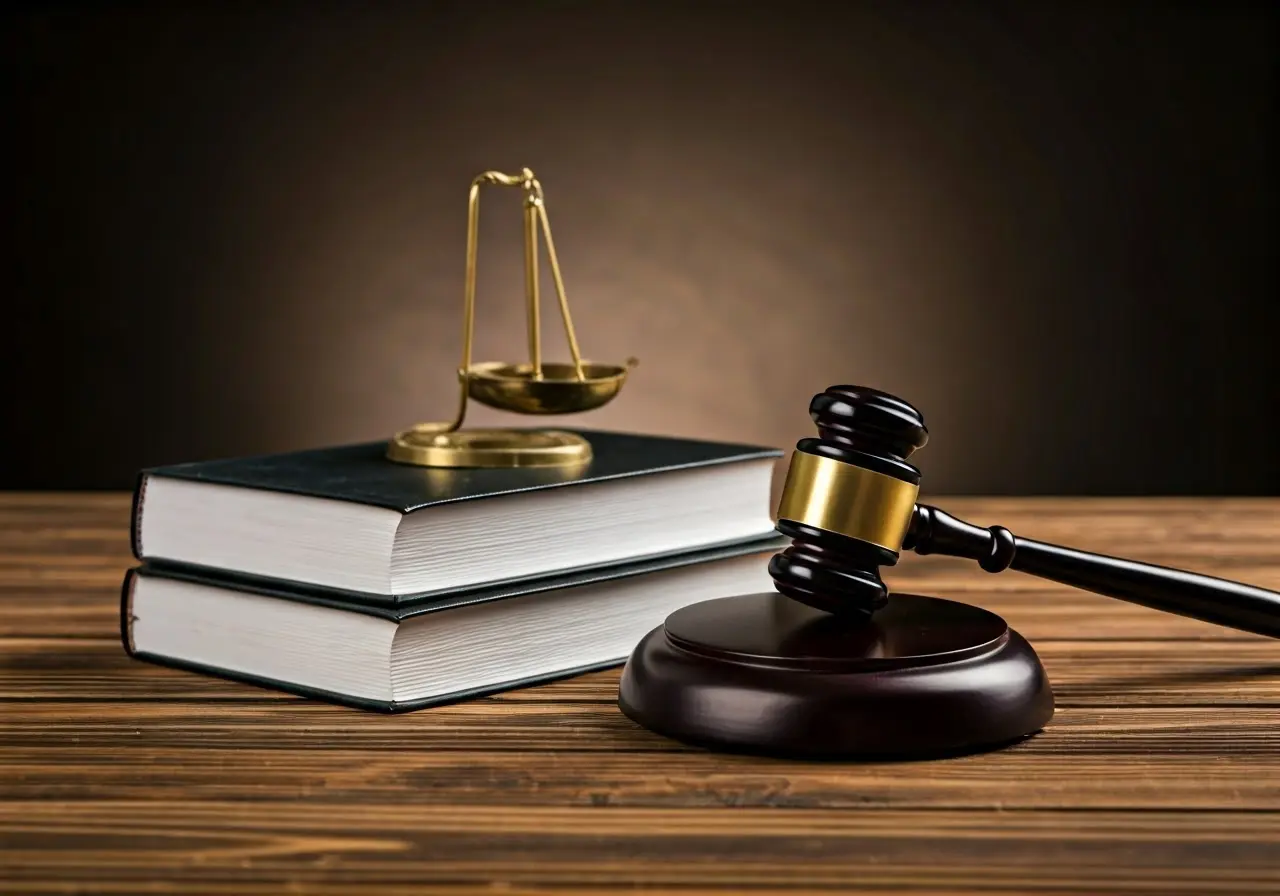Choosing the right criminal law attorney can feel overwhelming, especially when you’re already dealing with the stress of a legal issue. However, having a knowledgeable and reliable attorney by your side can make a significant difference in the outcome of your case. This article will guide you through the essential steps in finding the right criminal law attorney to suit your specific needs.
Understanding Your Legal Needs
Before you start searching for an attorney, it’s important to clearly define your legal needs. Determine the specifics of your case, such as the charges you are facing and any unique circumstances that may affect your situation. This clarity will help you communicate effectively with potential attorneys.
Every criminal case is unique, and understanding your own situation is pivotal. Are you facing minor charges, or is it a more serious offense such as a felony? Identifying these details will guide your search. It’s also crucial to consider any evidence or witnesses related to your case, as these can heavily influence how your attorney approaches your defense. Preparing this information ahead of time not only saves time but also positions you to have more productive discussions with potential attorneys.
Researching Potential Attorneys
Take your time to research and compile a list of potential attorneys. Utilize online resources, seek recommendations from friends and family, and consider checking with local bar associations for referrals. Look for attorneys who specialize in criminal law and have experience in cases similar to yours.
In today’s digital world, researching attorneys has become more accessible. Start by examining online reviews and testimonials—these often provide insight into others’ experiences with a particular attorney. Don’t shy away from reading both positive and negative reviews to get a balanced perspective. Additionally, legal forums and discussion boards can provide community feedback about attorneys in your area. Remember that an attorney with a strong local presence might also be familiar with local court systems and judges, which can be advantageous for your case.
If possible, conduct preliminary interviews with multiple attorneys. These initial meetings offer you the chance to ask essential questions about their experience, approach, and success in previous cases that might closely resemble yours. These discussions can help set clear expectations and build trust. It’s a step that can significantly inform your decision-making process, as you’ll have a better understanding of who you are most comfortable entrusting with your defense.
Evaluating Experience and Expertise
Experience is crucial when choosing a criminal law attorney. Evaluate each candidate’s expertise by reviewing their past cases, success rates, and any relevant credentials or certifications. An attorney with a proven track record in criminal law will be better equipped to handle the complexities of your case.
Specialization and experience go hand in hand. A criminal law attorney who has dedicated years to specific types of criminal defense—be it DUI, drug offenses, or violent crimes—will likely have deeper insights into handling cases similar to yours. Assess their involvement in recent cases that had outcomes aligned with what you’re hoping to achieve. Membership in professional associations such as the National Association of Criminal Defense Lawyers can also indicate a commitment to staying updated on legal trends and education, offering you increased confidence in their capabilities.
Assessing Communication and Compatibility
Effective communication with your attorney is essential. During initial consultations, assess how well they listen to your concerns, explain legal concepts, and outline their approach to your case. Additionally, personal compatibility plays a significant role, so choose someone you feel comfortable working with throughout the legal process.
When discussing your case, pay attention to how an attorney responds to your questions. Are they patient and detailed in their explanations? Clear communication is a hallmark of a strong attorney-client relationship. Moreover, compatible personalities can make the legal process less daunting. Trust your instincts during the consultation phase; if you feel uneasy or misunderstood, this might indicate potential communication issues down the line. Working with an attorney whose style complements yours can enhance both confidence and cooperation, ultimately benefiting your case.
Considering Legal Fees and Costs
Be sure to discuss legal fees upfront and understand the billing structure your attorney uses. Some may work on a flat fee, hourly rate, or require a retainer. Knowing what to expect financially can prevent future misunderstandings and allow you to budget accordingly for your legal representation.
It’s important to weigh the cost against the potential benefits of having a skilled attorney. While opting for the least expensive attorney might be tempting, consider the overall value they bring to your case. Higher fees may correlate with more significant experience and success rates, which could influence the case’s outcome favorably. Don’t hesitate to ask for a detailed breakdown of anticipated costs, and explore if there are flexible payment plans or other options that might offer financial relief without compromising on the quality of representation.
Finding Your Legal Advocate
Selecting the right criminal law attorney is a critical step in ensuring a fair trial and achieving the best possible outcome for your case. By understanding your needs, conducting thorough research, and considering both experience and communication skills, you can find a legal partner who will effectively represent your interests. Remember, the right attorney will not only provide expert legal counsel but will also ease the emotional burden of the legal process.





